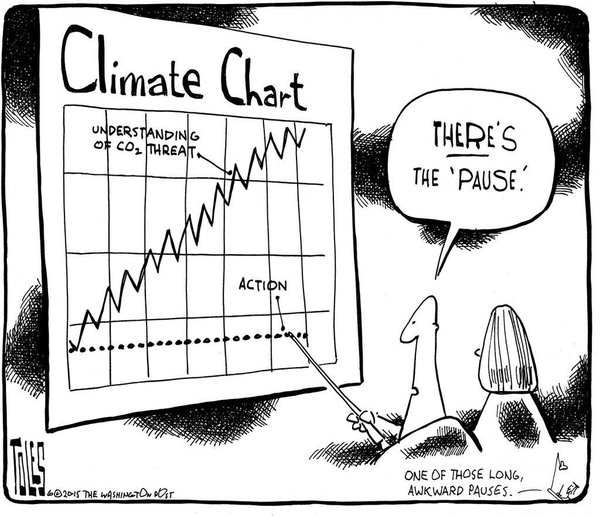The school year is officially underway! And the members of NCSE’s teacher network, NCSEteach, have just received their October newsletter, packed with resources, and event announcements related to teaching evolution and climate change. Why these topics? National teacher surveys show that many science teachers are reluctant to teach evolution and climate change because these topics are perceived as socially divisive. We want to make sure that teachers get the support they need to teach these topics with confidence.
Just to give you a little taste of the kinds of resources we point teachers toward, let me tell you a little bit about this month’s recommendation: Jason Donev’s Energy Encyclopedia.
Teacher Resource: Energy Education
Reading an encyclopedia can be pretty boring, unless you happen upon Jason Donev’s Energy Encyclopedia.
Dr. Donev and his team have created an easy to read online encyclopedia on a diverse set of topics including energy and climate change.
As a physicist at the University of Calgary, Donev is concerned about climate change, energy policy, and education. Donev and a dedicated, talented group of undergraduate students started working on the energy encyclopedia three years ago. It now has over 1,000 entries. The aim was to give readers a realistic picture of what is going on, while not introducing political bias.
What’s great about the encyclopedia is that it succinctly describes some of the buzzwords associated with climate change science. Take, for example, “renewable” and “sustainable.” If you’re not sure what these terms mean, you can’t answer the question: “Are all renewable energy sources sustainable?” (The answer is "no". Click here to find out why.)
The encyclopedia is also loaded with information-packed graphics. Look at the entry for total final consumption. Users can look at the total energy consumption for any country and view which sectors are responsible for the use of different types of energy.
Jason and his team hope that teachers will use the encyclopedia as a resource in their classrooms to help students understand complex topics. Are you a teacher? Please let us know what you and your students think!
Teacher Giveaway: "The Madhouse Effect"
Emily Schoerning recently reported on a school in Iowa where science teachers were working with an annual supply budget of considerably less than one dollar per student per year. So the results of a recent national survey (reported on here, the full report requires registration) showing that 91% of teachers buy supplies for their classrooms out of their own pockets come as no surprise. NCSE can’t close that gap. But sometimes generous publishers and authors give us books and CDs to give away to members of our teacher network.
I am really excited to be able to host this month’s give-away of The Madhouse Effect by Michael Mann. When Ann Reid wrote that The Madhouse Effect should make everybody mad, and that's a good thing, she really wasn’t kidding. (Read an exclusive excerpt of the book here.)
This is one of those books that once I started reading, I couldn’t stop.
The book provides overviews of the scientific process and basic climate change science, including background information about the famous “Hockey Stick curve” that Mann published in the 1990s. The book also examines, in depth, climate change denial. The authors walk the reader through the many stages of denial from “ global warming isn’t happening” to “even if there are things we could do, they are too expensive”. The book also examines the political context for climate change denial and compares it the tobacco industry’s efforts to create doubt about the link between smoking and disease.
But really, one of the best things about this book are the strategically placed cartoons that complement the subject matter. When I was frustrated by all of the science denial, a perfect cartoon appeared to calm me down. This one is my favorite.

Teachers who belong to our network can fill out this form to receive a copy of The Madhouse Effect. We only have 50 copies to give away, so act fast! Not a member of the teacher network yet? No problem. Sign up here.

